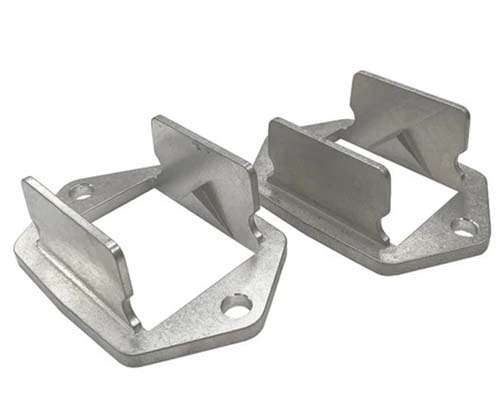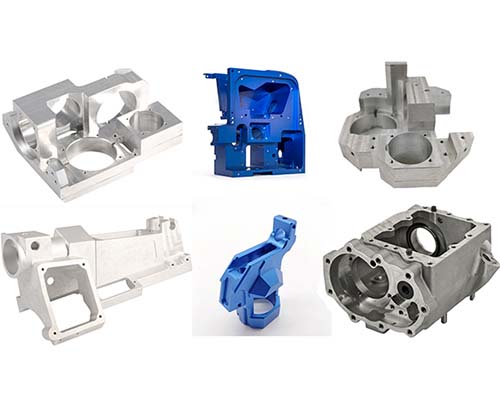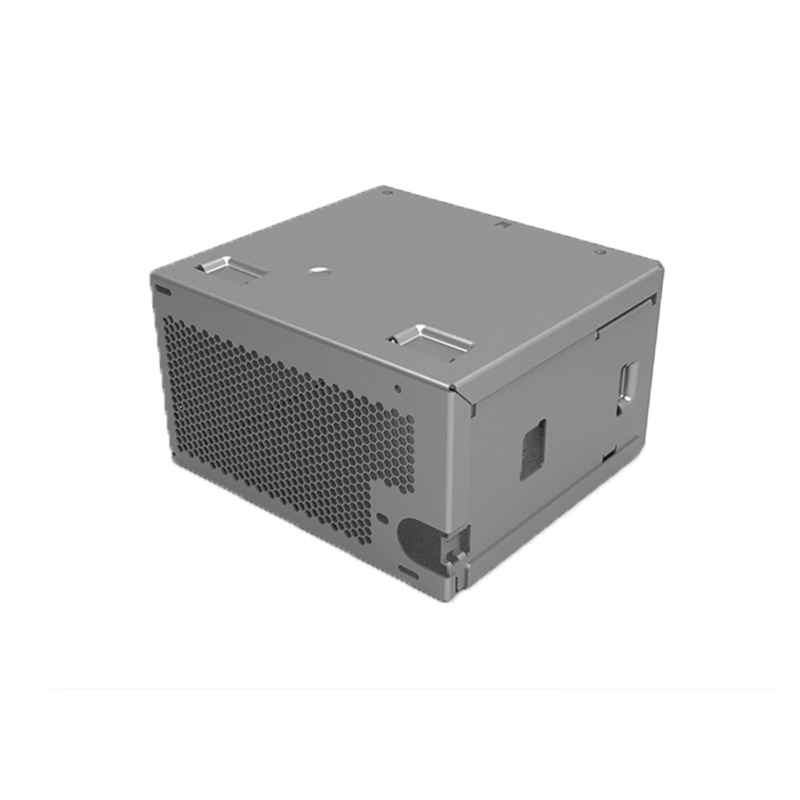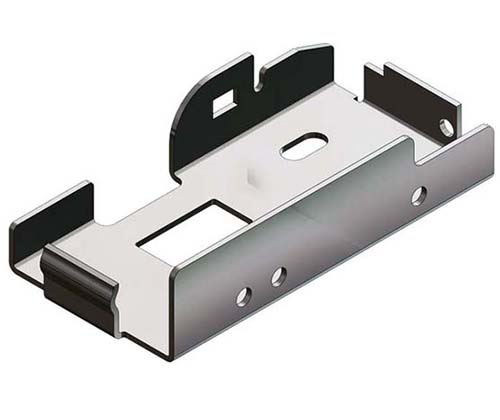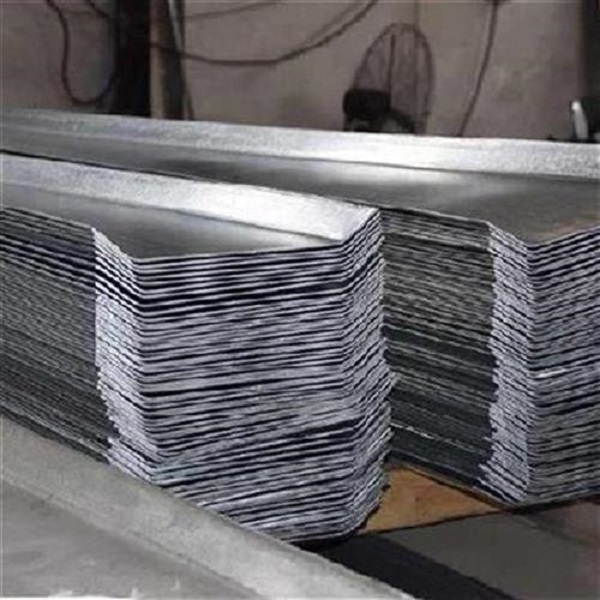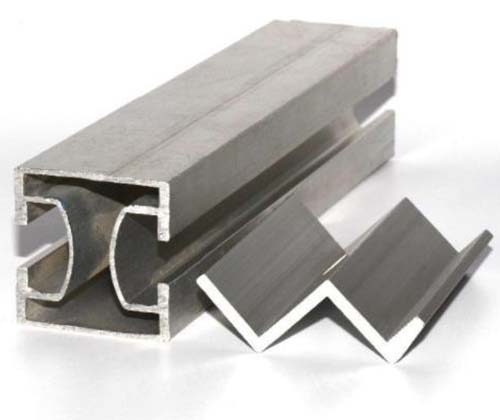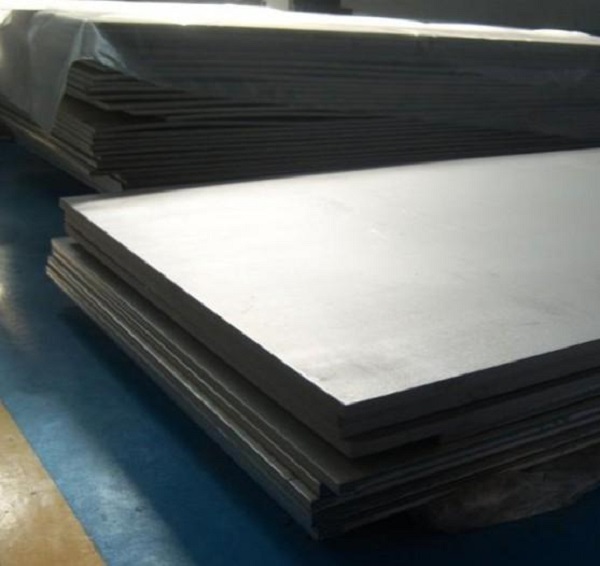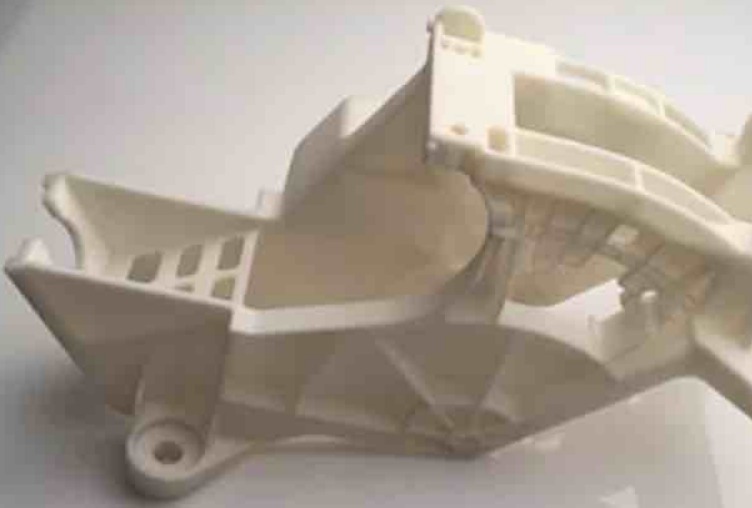Understanding the Basics of 26 Gauge Sheet Metal
In the world of metalworking, "gauge" is a crucial measurement that determines the thickness of sheet metal. The gauge system is used to standardize the thickness of various types of sheet metals, making it easier for manufacturers, engineers, and DIY enthusiasts to select the right material for their projects. The smaller the gauge number, the thicker the sheet metal. For example, a 10 gauge sheet metal is much thicker than a 26 gauge one.
A 26 gauge sheet metal typically has a thickness of approximately 0.0179 inches (0.455 mm) for mild steel, 0.0159 inches (0.404 mm) for aluminum, 0.0217 inches (0.551 mm) for galvanized steel, and 0.0187 inches (0.475 mm) for stainless steel, according to the standard gauge - thickness 对照表. This thickness makes 26 gauge sheet metal a versatile option for a wide range of applications, but it's important to note that the exact thickness can vary slightly depending on the manufacturer and the specific alloy used.
26 gauge sheet metal can be made from a variety of metals, each with its own unique properties and advantages:
- Stainless Steel: Stainless steel 26 gauge sheet metal is highly resistant to corrosion, making it ideal for applications where the metal will be exposed to moisture, chemicals, or harsh environmental conditions. It is commonly used in the food and beverage industry, medical equipment, and outdoor structures. For example, it can be used to make the exterior of industrial food processing equipment, ensuring long - lasting durability and hygiene.
- Carbon Steel: Carbon steel 26 gauge sheet metal is strong and relatively inexpensive. It is often used in general manufacturing, automotive parts, and construction. For instance, it can be formed into components for cars such as interior panels or small brackets due to its good formability and cost - effectiveness.
- Aluminum: Aluminum 26 gauge sheet metal is lightweight yet still offers decent strength. It has excellent thermal conductivity and is non - magnetic. Aluminum sheet metal is popular in the aerospace industry, as well as in applications where weight reduction is crucial, like in the construction of lightweight trailers or some consumer electronics casings.
- Galvanized Steel: Galvanized 26 gauge sheet metal has a zinc coating that provides enhanced corrosion resistance. It is widely used in roofing, siding, and other outdoor construction applications. For example, it is a common choice for residential roofing due to its ability to withstand the elements for many years.
Potential Drawbacks to Consider
Durability in High - Stress Situations
While 26 gauge sheet metal is suitable for many applications, it does have its limitations when it comes to high - stress situations. Compared to thicker gauges, such as 10 gauge or 12 gauge sheet metal, 26 gauge is relatively thin. For example, in industrial machinery that experiences constant vibration, high - pressure forces, or significant tensile stress, 26 gauge sheet metal may not hold up as well. Thicker gauges can better resist bending, denting, and tearing under these conditions. In a manufacturing plant where heavy - duty equipment is in operation, a 26 gauge metal component used in a support structure might start to show signs of wear and deformation over time, while a 10 gauge component would remain more stable. According to industry tests, when subjected to a tensile force of 10,000 pounds, a 26 gauge mild steel sheet metal may start to stretch and show signs of failure, while a 10 gauge mild steel sheet can withstand up to 50,000 pounds of tensile force without significant deformation.
Limited Thickness for Some Specialized Needs
In certain specialized applications, the thickness of 26 gauge sheet metal can be a drawback. In extreme environmental conditions, such as in deep - sea exploration equipment or high - altitude aerospace components, where the metal needs to withstand extreme pressure differentials or harsh temperature changes, 26 gauge may be too thin. For instance, in deep - sea submersibles, the hull needs to be made of thick, high - strength metal to withstand the crushing pressure of the ocean depths. A 26 gauge sheet metal would not be sufficient to protect the equipment and crew inside. Similarly, in high - altitude aircraft components that face rapid temperature fluctuations and high - speed air friction, a thicker gauge of metal is required to ensure the integrity and safety of the structure. In a study of aerospace material requirements, it was found that for components operating at altitudes above 50,000 feet, sheet metals with a minimum thickness of 0.1 inches (much thicker than 26 gauge) are necessary to maintain structural stability.
Yigu Technology's Viewpoint
As a non - standard plastic metal products custom supplier, Yigu Technology sees great potential in 26 gauge sheet metal for custom projects. Its relatively thin nature offers more flexibility in processing, allowing for the creation of complex shapes and designs that might be challenging with thicker gauges. This makes it an excellent choice for unique, non - standard product designs.
Yigu Technology also emphasizes the importance of material quality and processing techniques. When using 26 gauge sheet metal, precise manufacturing processes are crucial to ensure the final product meets high - quality standards. The company has strict quality control measures in place to guarantee that every custom - made product using 26 gauge sheet metal is durable and reliable.
Moreover, Yigu Technology provides comprehensive custom solutions. Whether it's choosing the right type of 26 gauge sheet metal (such as stainless steel, aluminum, etc.) according to the product's application scenario, or providing design optimization suggestions, the company is committed to helping customers achieve their desired product outcomes.
FAQ about 26 Gauge Sheet Metal
What are the common thickness tolerances for 26 gauge sheet metal?
For 26 gauge sheet metal, the common thickness tolerances can vary depending on the material and manufacturing standards. In general, for mild steel 26 gauge sheet metal, the thickness tolerance might be around ±0.002 inches. This means that if the nominal thickness is 0.0179 inches, the actual thickness can range from 0.0159 inches to 0.0199 inches. For aluminum 26 gauge sheet metal, the tolerance could be approximately ±0.0015 inches. Since aluminum is more malleable and often used in applications where precision is crucial, a slightly tighter tolerance is maintained. For stainless steel 26 gauge sheet metal, the tolerance is typically around ±0.002 - 0.003 inches, considering its use in applications where corrosion resistance and dimensional stability are important. Tolerances play a significant role in product quality. If the tolerance is too large, it can lead to issues in fitting components together. For example, in a precision - engineered electronic device enclosure made from 26 gauge sheet metal, if the thickness tolerance is off, the parts might not fit together properly, affecting the overall integrity and functionality of the device.
Can 26 gauge sheet metal be used for outdoor applications?
26 gauge sheet metal can be used for some outdoor applications, but it has limitations. When exposed to the outdoors, 26 gauge sheet metal faces challenges such as corrosion, especially if it is made of non - corrosion - resistant materials like carbon steel. Aluminum 26 gauge sheet metal is a better option for outdoor use due to its natural oxide layer that provides some corrosion resistance. Galvanized 26 gauge sheet metal, with its zinc coating, is also a popular choice for outdoor applications like roofing and siding as the zinc helps protect against rust. However, in extremely harsh outdoor environments with high humidity, salt - laden air (such as near the ocean), or heavy industrial pollution, 26 gauge sheet metal might require additional protection. This could include applying a protective paint or coating. For less demanding outdoor applications like small decorative outdoor structures or temporary signage, 26 gauge sheet metal can be a cost - effective solution without the need for extensive protection.
How does 26 gauge sheet metal compare to 24 gauge sheet metal in terms of strength?
24 gauge sheet metal is thicker than 26 gauge sheet metal. For mild steel, 24 gauge has a thickness of approximately 0.0239 inches compared to 26 gauge's 0.0179 inches. This difference in thickness directly impacts their strength. In general, 24 gauge sheet metal is stronger and more rigid. It can better withstand bending, denting, and other mechanical stresses. For example, in a situation where a sheet metal panel is used to protect a piece of equipment from minor impacts, a 24 gauge panel will be more resistant to deformation than a 26 gauge one. However, 26 gauge sheet metal may be preferred in applications where weight is a concern and the stress levels are not extremely high. In the construction of lightweight interior fixtures or in some consumer electronics where a balance between cost, weight, and basic structural integrity is needed, 26 gauge sheet metal can be a suitable choice, while 24 gauge would be better for more heavy - duty, high - stress applications like industrial equipment enclosures or automotive parts that experience significant forces during operation.
